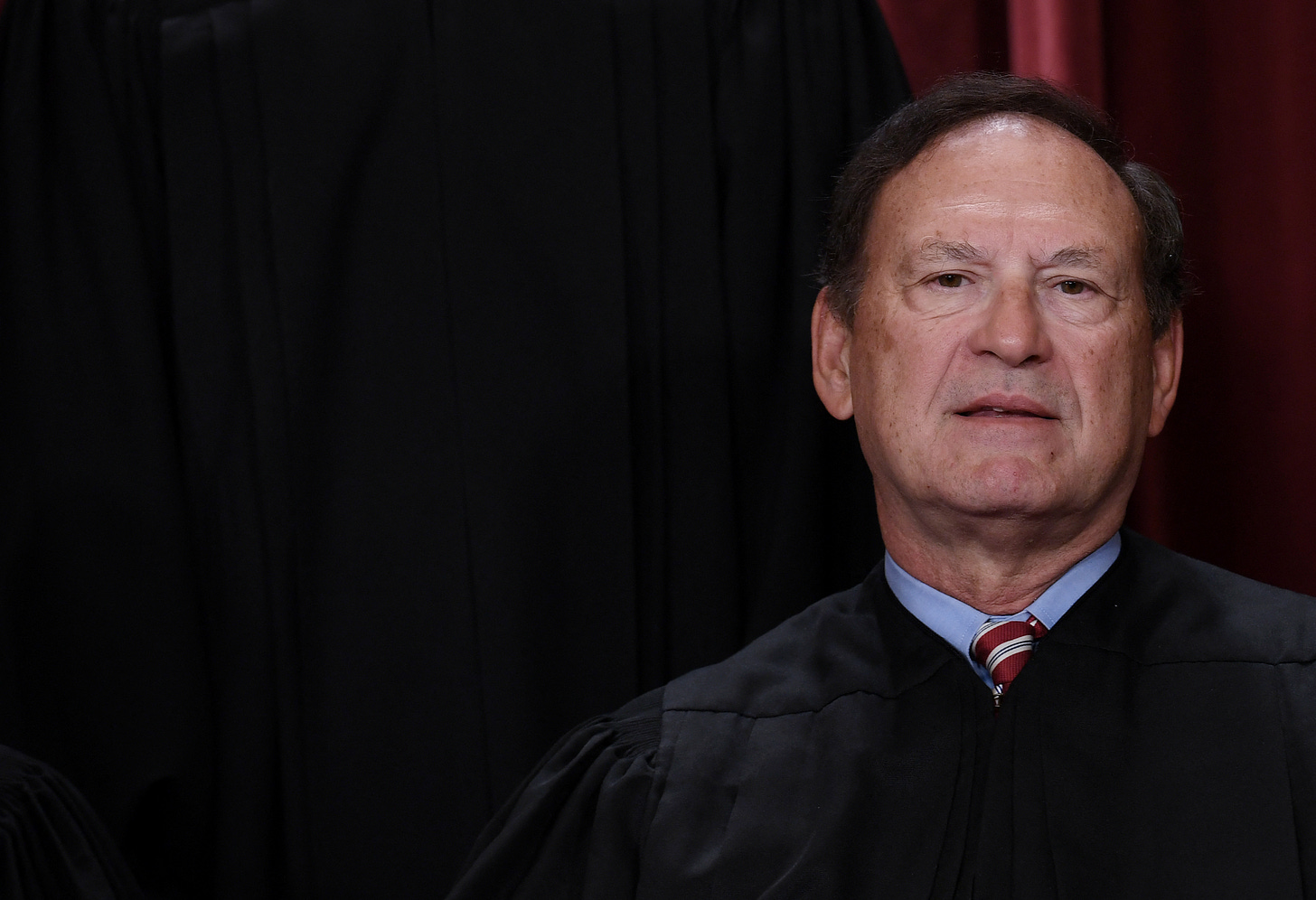
I AM NOT A FAN OF HIDDEN microphone ambushes. It’s sneaky and dishonest. The kind of ambush that journalist and activist Lauren Windsor pulled off at the recent Supreme Court Historical Society dinner was particularly unseemly because she posed as a conservative activist type and attempted to lead the witnesses—Supreme Court justices and spouses—into saying something clickbaity that could be shopped to an ideological ally in the press. Windsor, a progressive, is taking a leaf from James O’Keefe’s playbook.
Windsor struck out with Chief Justice John Roberts. The country was living through “tumultuous” times, she suggested, and wondered what the Court could do to repair the polarization. Roberts was dubious. “The first thing you’d have to tell me is when the non-tumultuous time has been. . . . You look at what the Court was doing in the 1960s, what the Court was doing during the New Deal, what the Court was doing after Dred Scott. . . .”
Windsor persisted, urging that the polarization we’re now experiencing is so severe that it might be “irreparable.” Roberts responded, “Oh, I don’t think that,” and went on to discuss other fraught times in history. Windsor tried once more, asking whether the justice thinks it’s part of the Court’s role to “guide us back toward a more moral path?” The Chief Justice’s response was pitch-perfect: “No. The role of the Court is deciding cases. If I start, would you want to put me in charge of guiding us toward a more moral path? That’s for the people we elect. That’s not for lawyers.” Finally, Roberts denied that we are a “Christian nation,” noting that Jewish and Muslim Americans would beg to differ.
Democracy is all about finding a way to live together. That’s what we’re about at The Bulwark: Honest opinions and good-faith conversations. Join our community by becoming a Bulwark+ member—click below to get a 30-day trial free.
Roberts behaved exactly as one would hope any justice of the Supreme Court would. He demonstrated historical perspective, modesty about the Court’s role (and his own), and clear impatience with the idea that the Court should serve as some sort of Sanhedrin for American society.
Windsor used the same tactics with Justice Samuel Alito and got a different result. She began by praising him as a “fighter” with “grit” and sympathizing with “everything that you and your family have been through these last few weeks,” and then proposed that as a Catholic herself, she doesn’t know if we can “really negotiate with the left in a way that needs to happen for the polarization to end,” and that “it’s a matter of like, winning.” He agreed. “One side or the other is going to win. I don’t know.”
Bear in mind, it’s easy to read too much into a few stray responses to an agent provocateur. Alito said, “I agree with you” several times. Was that what he really meant? It’s possible that he was just being polite or was trying to get rid of her and get to the bar or the parking lot. And while he did say that there are “differences on fundamental things that cannot be compromised,” he also said that there are ways of “working, living together peacefully.” But this recording, coming on the heels of the flag stories—and Alito’s peevish Wall Street Journal article denying that he violated ethics rules when he accepted lavish gifts and declined to report them on financial disclosure forms or recuse himself from cases tangentially related to a benefactor—begin to paint a picture of a justice with a chip on his shoulder.
Every public figure, for better or worse, needs to assume that nothing they say outside their own homes is truly private. Just ask Barack “I’ll have more flexibility after the election” Obama or Mitt “47 percent” Romney about open mics and surreptitious recordings.
At the same time, as Roberts demonstrated, public officials—especially judges— won’t get into trouble if they maintain their composure and remember not to enlist in the culture wars. Justice Alito should be above agreeing that one side or the other must “win” in our current disputes. That’s too close to the kind of Flight 93 talk that has so distorted the right’s perspective on public policy.
The most important thing for a justice to stress is process. We won’t agree on everything, but as long as we obey the law and work out compromises in our existing institutions, we remain strong. As long as everyone has a chance to express their views, vote their conscience, and have their rights respected, we’ll be okay. Talk of existential crises is dangerous.
JUSTICE ALITO IS NOT RESPONSIBLE FOR the views of his wife, but her unguarded remarks were particularly unfortunate for the spouse of a justice. She isn’t confirmed for anything and no one voted for her, and yet, she still has a role to play in our system. For the sake of the Court’s stature and legitimacy, it’s important that no one so closely associated with one of the nine justices betray so much animus toward people on the other side of the political spectrum.
Asked about the flags she flew over their Virginia and New Jersey homes, Martha-Ann Alito was caustic. “I want a Sacred Heart of Jesus flag because I have to look across the lagoon at the pride flag for the next month.”
Sorry, but having to see symbols and language you disagree with is the basic requirement of life in a free society. Also, Mrs. Alito’s anger about it seems grossly misplaced. If someone were flying a swastika or hammer-and-sickle flag (which would also be legal), her rage would be understandable. But the pride flag?
We live in a diverse, free, and often raucous country. Justices of the Supreme Court and their families cannot be expected to be untouched by passion or partisanship. But they can model respect for differing views and commitment to compromise.




